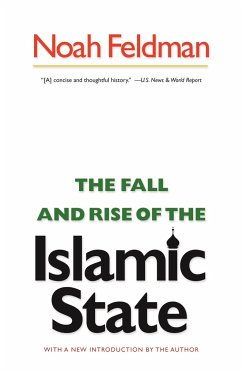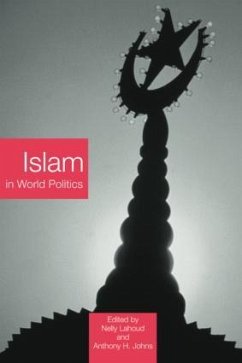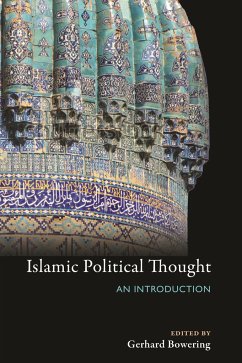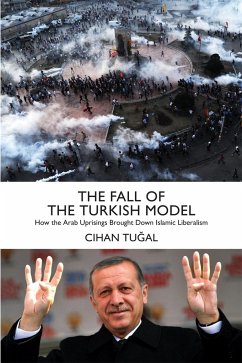
Radicalism and Political Reform in the Islamic and Western Worlds
Versandkostenfrei!
Versandfertig in 1-2 Wochen
35,99 €
inkl. MwSt.
Weitere Ausgaben:

PAYBACK Punkte
18 °P sammeln!
Over the last decade, political Islam has been denounced in the Western media and in the surrounding literature as a terrorist or fascist movement that is entirely at odds with Western democratic ideology. Kai Hafez's book overturns these arguments, contending that, despite its excesses, as a radical form of political opposition the movement plays a central role in the processes of democratization and modernization, and that these processes have direct parallels in the history and politics of the West. By analyzing the evolution of Christian democratization through the upheavals of the Reforma...
Over the last decade, political Islam has been denounced in the Western media and in the surrounding literature as a terrorist or fascist movement that is entirely at odds with Western democratic ideology. Kai Hafez's book overturns these arguments, contending that, despite its excesses, as a radical form of political opposition the movement plays a central role in the processes of democratization and modernization, and that these processes have direct parallels in the history and politics of the West. By analyzing the evolution of Christian democratization through the upheavals of the Reformation, colonisation, fascism, and totalitarianism, the book shows how radicalism and violence were constant accompaniments to political change, and that these components - despite assertions to the contrary - are still part of Western political culture to this day. Kai Hafez's book overturns arguments denouncing political Islam as a terrorist or fascist movement at odds with Western democratic ideology and instead contends that, despite its excesses, as a radical form of political opposition the movement plays a central role in the processes of democratization and modernization.














